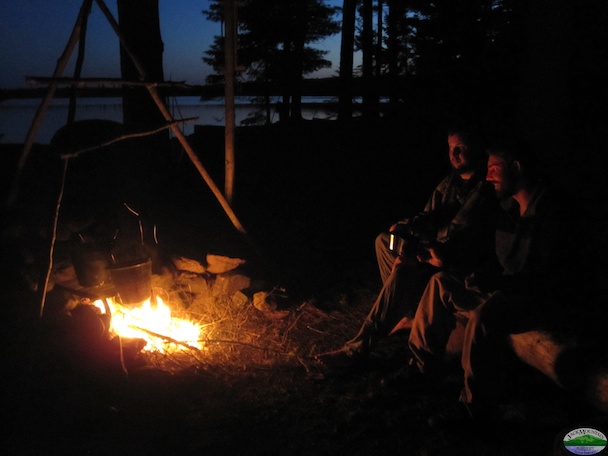As the next semester gets closer, we’ve been really putting the screws to the “self” aspect of our courses. Whether it’s “mental toughness” or being able to assess your progress without outside input. These aspects are helpful to the individual student. However, on a long course like one of our nine-week semesters, nobody can successfully play the “lone wolf” for the duration of the course. As human beings, we function best as a group, and this is especially true when a set of strangers gets together to accomplish tasks outside of their collective comfort zone. So, while it’s great to be an independent and self-motivated individual, those skills especially shine when they allow someone to add even more dramatically to the group’s effectiveness.
Over the last few weeks, I’ve been reading and re-reading “The Culture Code” by Daniel Coyle. In this book, Coyle looks at what drives and helps improve effective groups. One of the observations he makes is good to keep in mind if you’re coming on one of our courses.
This is the idea of “building safety”. This doesn’t necessarily mean physical safety but is more akin to a feeling of camaraderie within the group. This is important to keep in mind when interacting with other students. Things flow much easier if everyone in the group feels comfortable voicing questions or failing once or twice at a new skill they’re learning. That’s a lot easier if they know that the group’s got their back. This camaraderie tends to happen naturally, but as students, you can help it along. If you’re already good at tying knots and see others struggling with it, you’ll add a lot more to the group’s confidence and sense of belonging by helping them than you will by walking away and doing something else.
I know I’m teetering on the edge of “fuzzy feel good” here, but trust me, little actions like these make for a much more enjoyable time down the line when we’re, for example tying canoes on the trailer for a trip, and everyone can confidently say “They’re all tied down, lets get to the put in”. Coyle describes this as “muscular humility”, or showing by action that no matter the gap in skills or life experience, each member is responsible for the small details that help the group run smoothly.
So if you’re coming on one of the upcoming semesters, try to be mindful of the actions you take and how it affects the group. The people and instructors on the course with you are all aiming for the same goal at the end of the day, and as our good friend Ben Spencer is fond of saying “Our greatest survival skill as a species has always been our ability to get along with the people around us”
Looking forward to seeing you on the semester.








